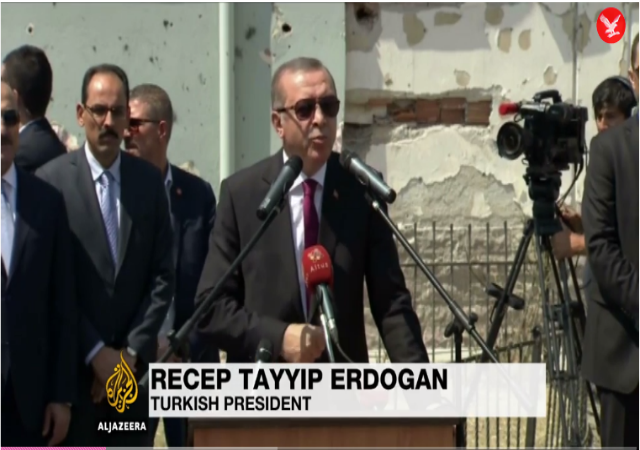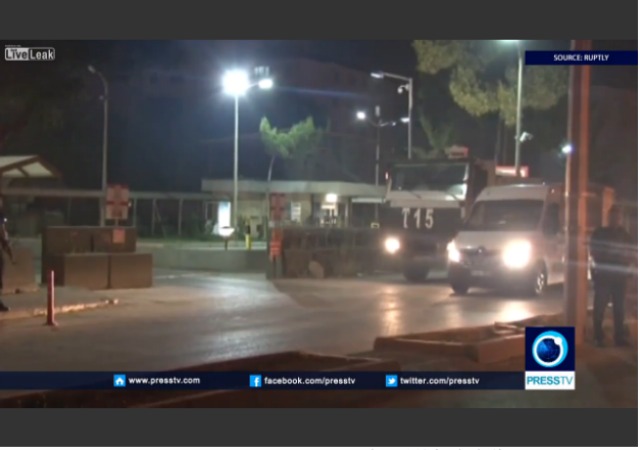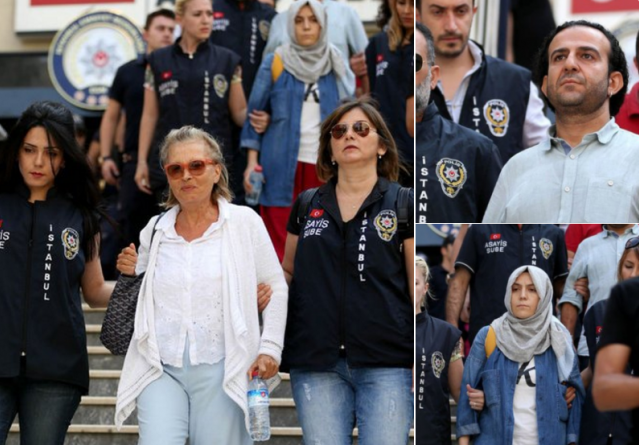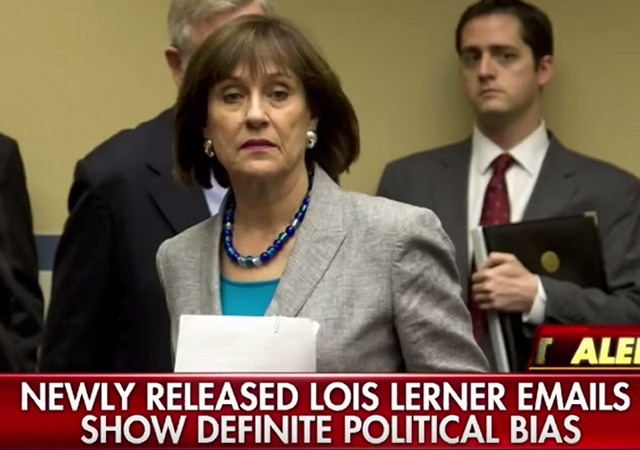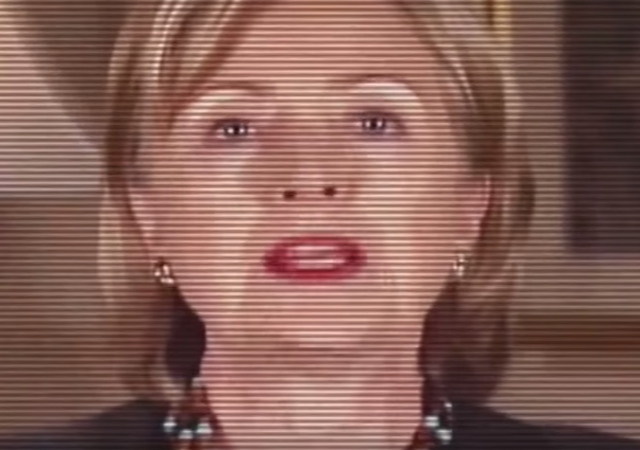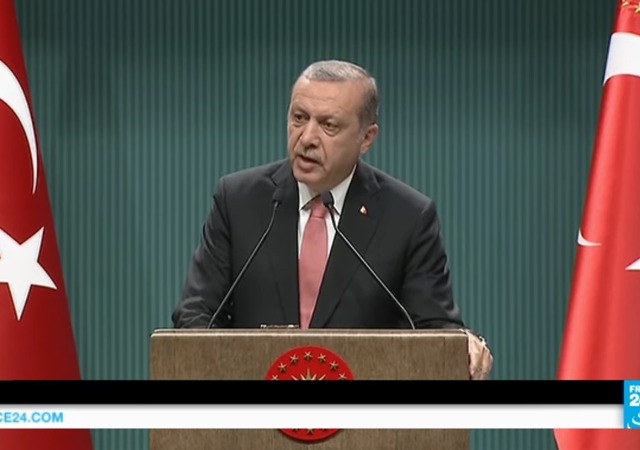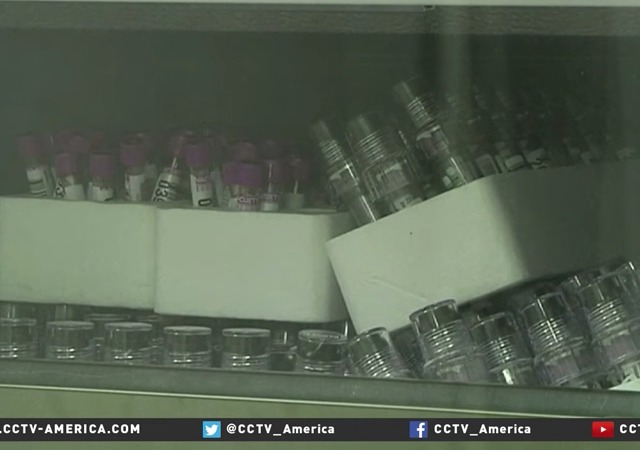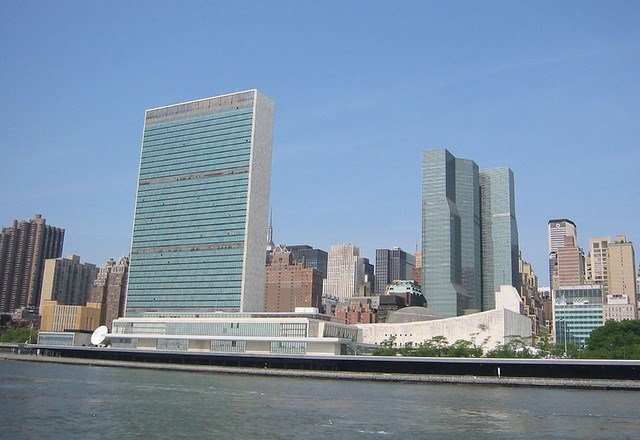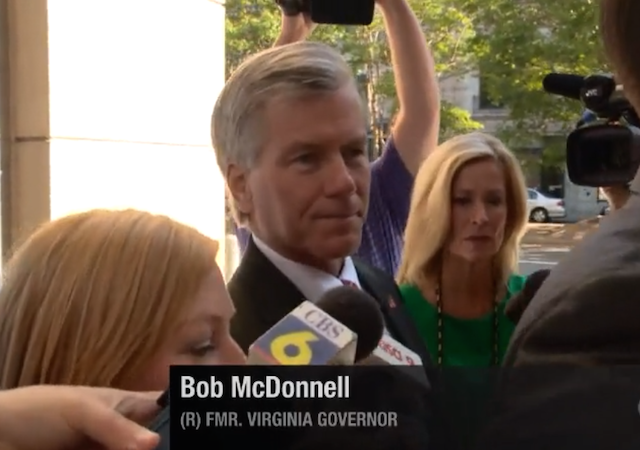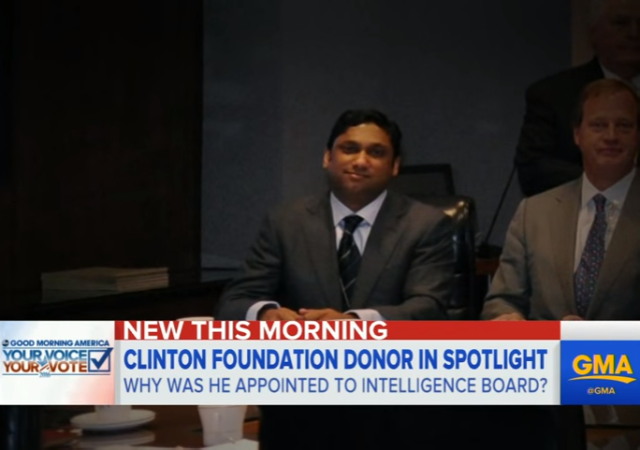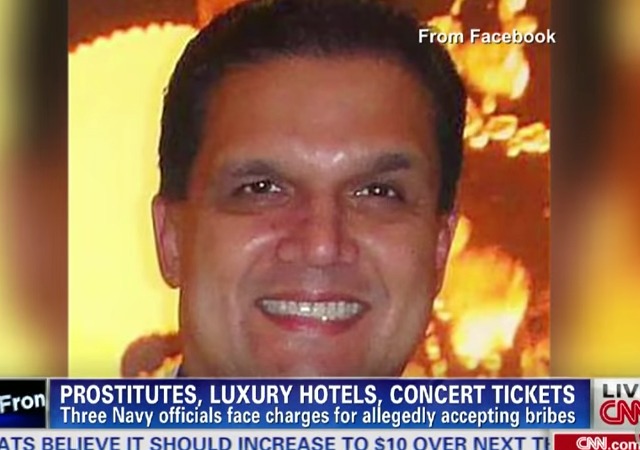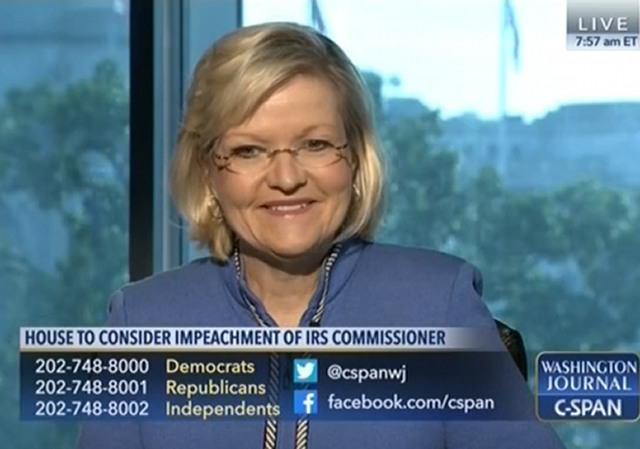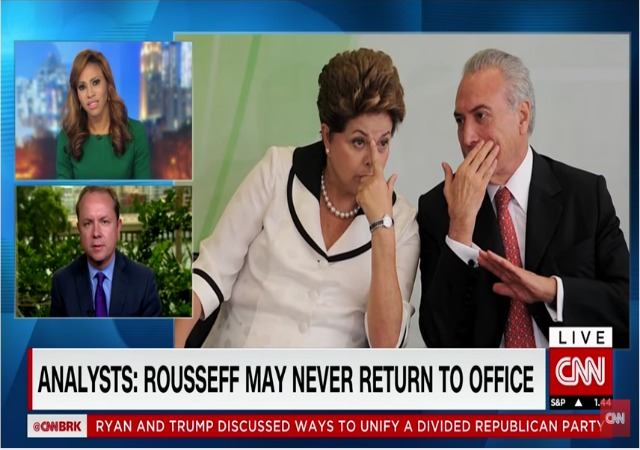Reports: FBI, US Attorneys Investigate Clinton Foundation Despite DOJ Objections
on August 12, 2016
23 Comments
According to The Daily Caller and CNN, the FBI and several U.S. Attorney offices have opened an investigation into the Clinton Foundation even though the Department of Justice objected to one. The officials met several months ago about the possibility of a case:
At the time, three field offices were in agreement an investigation should be launched after the FBI received notification from a bank of suspicious activity from a foreigner who had donated to the Clinton Foundation, according to the official.

